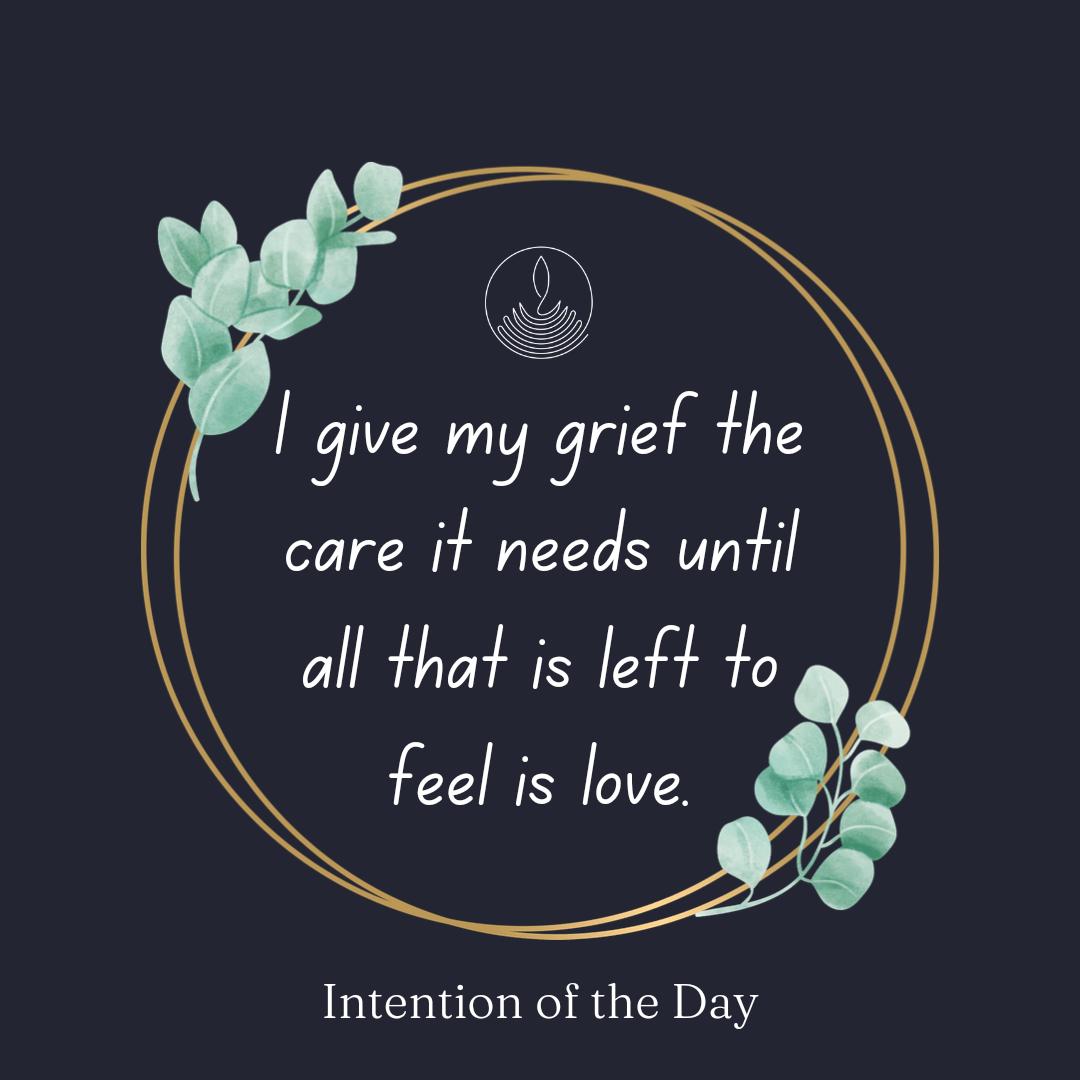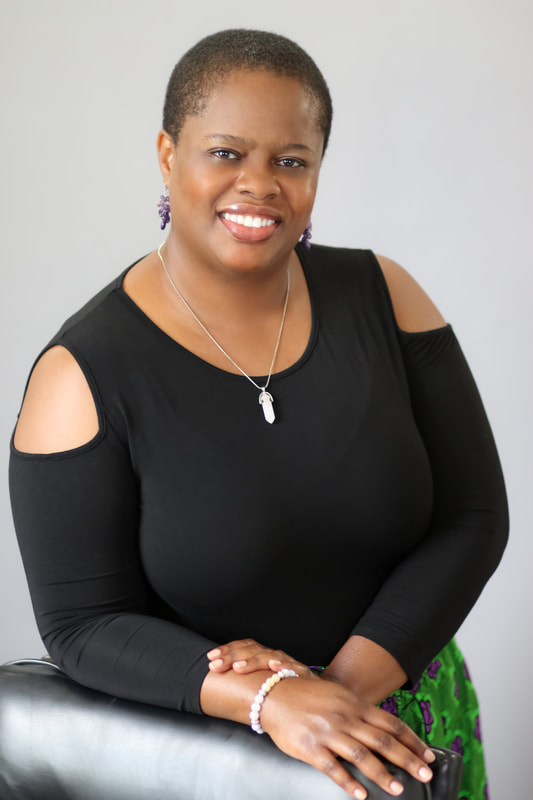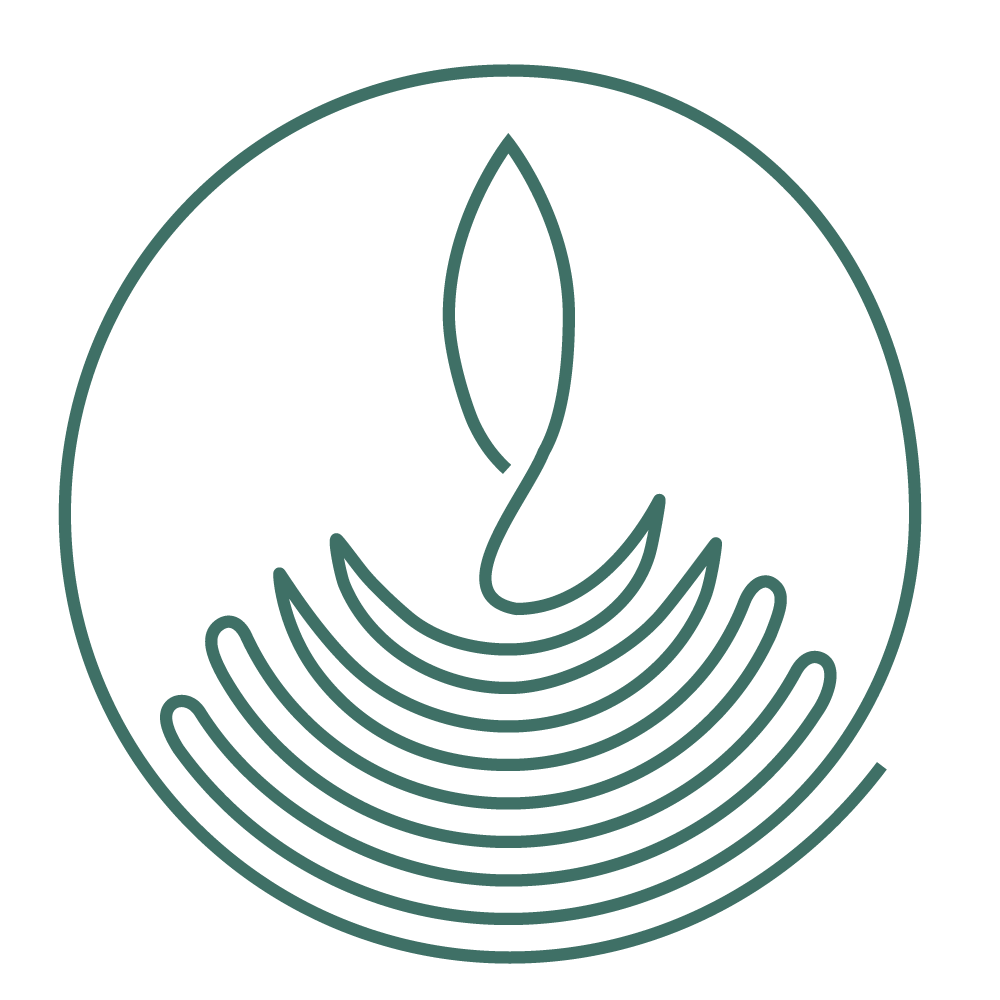|
Finding out a loved one has died is like a detonated bomb that damages the boundaries of presence. You have a sharp moment when you are present (finding out the person died). It creates a pain so big and powerful that your mind and soul cannot contain it. That pain explodes, creating heartbreak. You are then thrown into the past with the shouldas, couldas, and wouldas. You cling to the memories, almost as if losing your loved one risks losing the memories as well. Thinking of the past becomes so stressful that your mind then runs away from the stress into the future. You then imagine what the future will look like without that loved one in your life. The thought of that is also stressful; so your mind runs away back to the past, and then back and forth you go.
During the moments when you are in the present, the pain is still strong and palpable. The present moment = this person you love is not here. Your mind tries to reduce the pain as much as possible. You distract yourself with work, fun, or a task that requires your undivided attention. If you don’t, your mind continues to run away to the past and future. Grief is the frequency and force with which you switch between the past and future in response to the pain of the present. How long grief lasts depends on how long it takes to repair the damage to the boundaries that help you live in the present moment. I don’t have a solution to grief, because the pain is different with each loss. But being aware of what is happening in response to each loss will make it easier to get through it. Being aware makes it easier to know when I need a bit of extra care and comfort so that I can seek it out. My loved one would want that for me.
0 Comments
Leave a Reply. |
AuthorKelly Nembhard is a certified health coach, Reiki therapist, crystal healer, and aromatherapist with experience as a clinical research professional and developmental biologist. She currently lives in Durham, NC. Archives
December 2023
Categories
All
Any medical information published on this website is not intended as a substitute for informed medical advice. You should not take any action before consulting with a healthcare professional.
|
|
© 2019-2023, My Wealth in Health. All rights reserved.
|
website designed by Kelly Nembhard
|




 RSS Feed
RSS Feed
